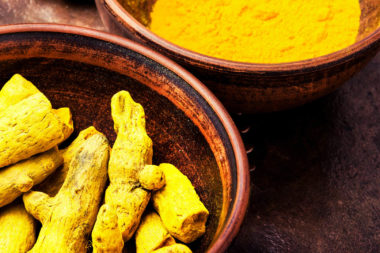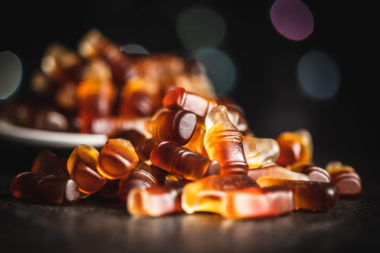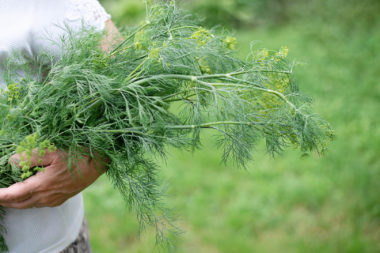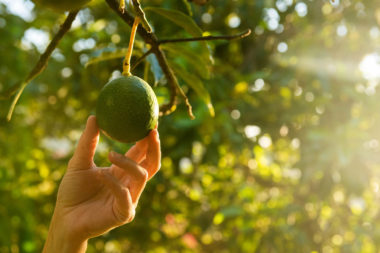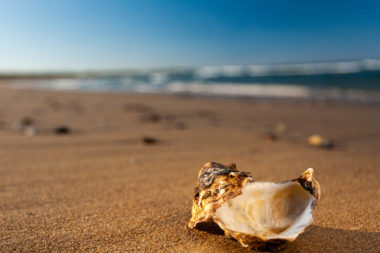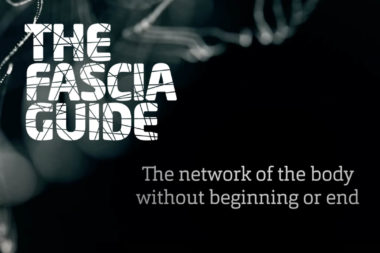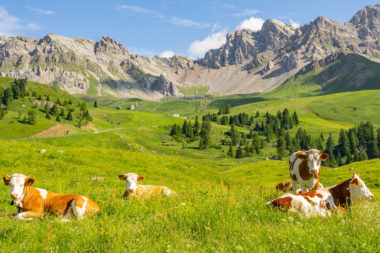
Zink
Zinc in brief
- Important mineral for the immune system
- Affects fertility and sex drive
- Must be supplied via a balanced diet or via supplements, which is especially important for vegans and vegetarians as it is mainly found in meat and seafood
Learn more about zinc
Zinc is involved in nearly a hundred different bodily functions and serves as a co-factor for a multitude of enzymes. It is needed for the formation of mucopolysaccharides, which are present in the connective tissue throughout the body. The skeleton, muscles, skin, nails, hair, prostate, liver, kidneys, pancreas, eyes, and white blood cells store significant amounts of zinc. Large quantities of zinc are also stored in the ovaries and testes, making it important for fertility. Zinc is primarily excreted through urine, but intense sweating can also result in a loss of up to 3 mg per day.
What is zinc good for?
Zinc protects cells against oxidative stress, regulates the body’s pH, and is necessary for a strong immune system. It plays a role in metabolism and protein synthesis, contributing to the formation of strong collagen and promoting healing during infections and injuries. Zinc is also essential for the metabolism of vitamin A. The production of the hormone insulin relies on zinc, which affects the body’s healing capacity and blood sugar balance.
Zinc stimulates testosterone production and increases sperm count. In cases of zinc deficiency, sex drive decreases as the body tries to conserve zinc. Zinc inhibits the growth of the prostate and prevents prostate enlargement.
What can a lack of zinc mean?
Zinc deficiency can cause skin changes and impaired nail quality. White spots on the nails are a sign of zinc deficiency. It can also lead to impaired wound healing and decreased appetite. In children, zinc deficiency can cause growth retardation and developmental disturbances. Loss of sense of smell and taste can also occur with zinc deficiency.
Zinc deficiency may increase the risk of prostate enlargement. It can also result in impaired fertility and decreased libido. Intense sweating can lead to a zinc loss of up to 3 mg per day.
How do we get zinc?
Zinc is primarily found in meat and seafood, so it is especially important for vegetarians to consider supplementation. It is one of the minerals that we are most deficient in and is also the most difficult for the body to absorb from food. Increased protein intake enhances the absorption of zinc. The absorption of zinc during a meal also varies depending on what you eat, with high protein content favoring absorption. On the other hand, smoking and alcohol impair absorption. High intakes of vitamin B6 increase the need for zinc.
Zinc in liposomal form is most effective. Otherwise, supplements are best taken together with protein for better absorption.


